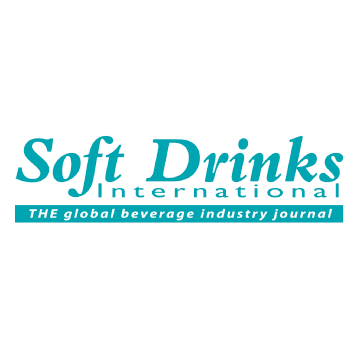Saudi Arabia relies on imports to fulfill the country’s growing demand whilst being able to conserve the decreasing supply of water

But nature is not the only reason why Saudi Arabia is lacking water. During the oil boom years that followed the rise of crude prices in 1973, Saudi Arabia faced the rising food demand by resorting to a self-sufficiency policy. It cultivated crops such as wheat, grains and fruits. At the same time, the higher demand for meat and dairy made the country expand its cultivationof green feed crops for cows and goats.
While this massive project to cultivate the desert has succeeded over the past four decades in securing the Saudis' basic food needs and in transforming Saudi Arabia into an active center of food production in the Gulf region, it came at the expense of Saudi Arabia’s underground water reserves.
In its 2013 study that monitored the water demand around the world, the World Resources Institute concluded that Saudi Arabia is among the countries that face the most pressure on its renewable water resources, which means that more than 80% of the usable water for agriculture, industry and daily consumption is withdrawn annually.
This growing threat is increasing the pressure on Saudi policymakers to change how they manage water resources. Therefore, over the past years, Saudi Arabia exerted great efforts to reverse its decades-old agricultural and water policies.
In January 2008, the Saudi government decided to reduce its purchases of wheat from local farmers by 12.5% a year, to save water and achieve complete dependence on wheat imports to meet local needs by the year 2016. It is difficult to know whether this goal was achieved; however, it seems the government is committed to refusing wheat from local farmers.
In the same year, King Abdullah started an initiative encouraging Saudi agricultural investments abroad. The initiative’s aim was to promote Saudi investments in countries rich in water and agricultural resources in order to provide Saudi Arabia with a secure strategic stock of commodities that would give the country food and water security.
However, the policy to stop growing wheat was not well designed. Dispensing with wheat cultivation has made farmers shift to alfalfa, which consumes even more water. Perhaps it was this error that prompted the Saudi government on Dec. 7, 2015, to stop the cultivation of green feed within three years.
In its annual report of 2015, Almarai food and dairy company announced that it will start fully relying on imported feed for its farms by January 2019. There is no doubt that this new direction for a company that controls 45.5% of the food and dairy market in the Gulf Cooperation Council countries will drive forward Saudi Arabia's strategy of relying on imported food.
In return for providing water through agricultural policies, Saudi Arabia reacted to the growing demand for water by resorting to desalination. In 1969, the kingdom built its first desalination plant. Twenty-eight desalination plants are spread along the kingdom’s western and eastern coasts of the Red Sea and the Arabian Gulf.
According to the Ministry of Water and Electricity’s 2014 annual report, these plants produced 1,685 million cubic meters of water. In 2014, the private sector produced 34.5% of the total water production in the kingdom while the Saline Water Conversion Corporation produced the rest.
Desalinated water contributes to meeting about 59% of Saudi Arabia’s water needs, with groundwater and water dams making up the remaining 41%. The Saline Water Conversion Corporation posted on its Twitter account on March 9 that in 2015 the company produced 1.2479 billion cubic meters of desalinated water, an increase of 13% compared to the previous year.
Although desalination is a practical option for the kingdom to meet its growing water needs, it also imposes energy challenges. According to the report prepared by the Pacific Institute in 2013, producing 1 million gallons of desalinated water requires 15,000 kilowatt-hours of electricity. The same report indicated that the cost of energy alone accounts for between one-third and half of the cost of desalination.
Abdul Rahman al-Ibrahim, the head of the Saline Water Conversion Corporation, revealed at a press conference held at the Ritz-Carlton Hotel in Riyadh in May 2014 that his company consumes the equivalent of 80 million barrels of oil a year.
These indicators prompted the Saline Water Conversion Corporation to use more energy-efficient technologies. As Ibrahim pointed out in an interview with Saudi newspaper Al-Yaum on Nov. 18, 2015, "The new company projects the use of reverse osmosis technologies and thermal technologies in a 70:30 ratio. This means that the new reverse osmosis projects are larger and more numerous than the current and future plans on both coasts. The project of Jeddah and Ras al-Khair are first in that regard.” Ibrahim said that his company is seeking to reduce the fuel consumption of desalination plants by 10% by 2018.
In addition, Saudi Arabia is seeking to promote "combined-cycle power plant" technology in desalination plants in order to use it in producing electricity as well as desalinated water. The Ras al-Khair project, the largest combined-cycle power plant in the world, is a cornerstone of this plan. The first operational phase of this project was launched on April 22, 2014; it generates about 2,400 watts of electricity.
Today, Saudi policymakers face challenges not only from the country’s difficult topography, but also from decades-old policies. The developments happening in water management in Saudi Arabia reveal a close relationship between water and food security. This requires designing comprehensive strategies to reach the optimum balance between them and to avoid errors that may have adverse effects, particularly on agricultural workers. The desalination plant will increase energy consumption, which should induce Saudi Arabia to increase its investments in energy-saving innovations, develop alternative energy sources and promote a culture of energy conservation at all levels.
Source: Al-Monitor
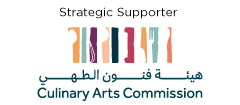


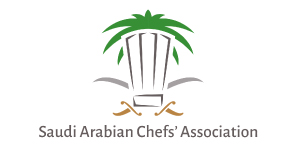






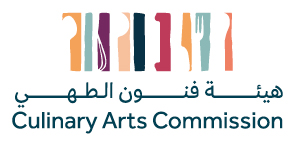























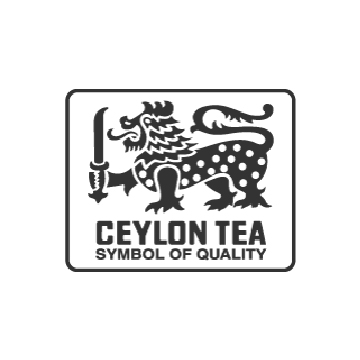

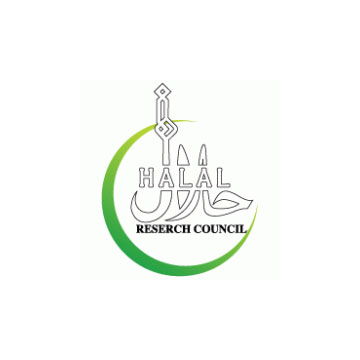
.jpg)









